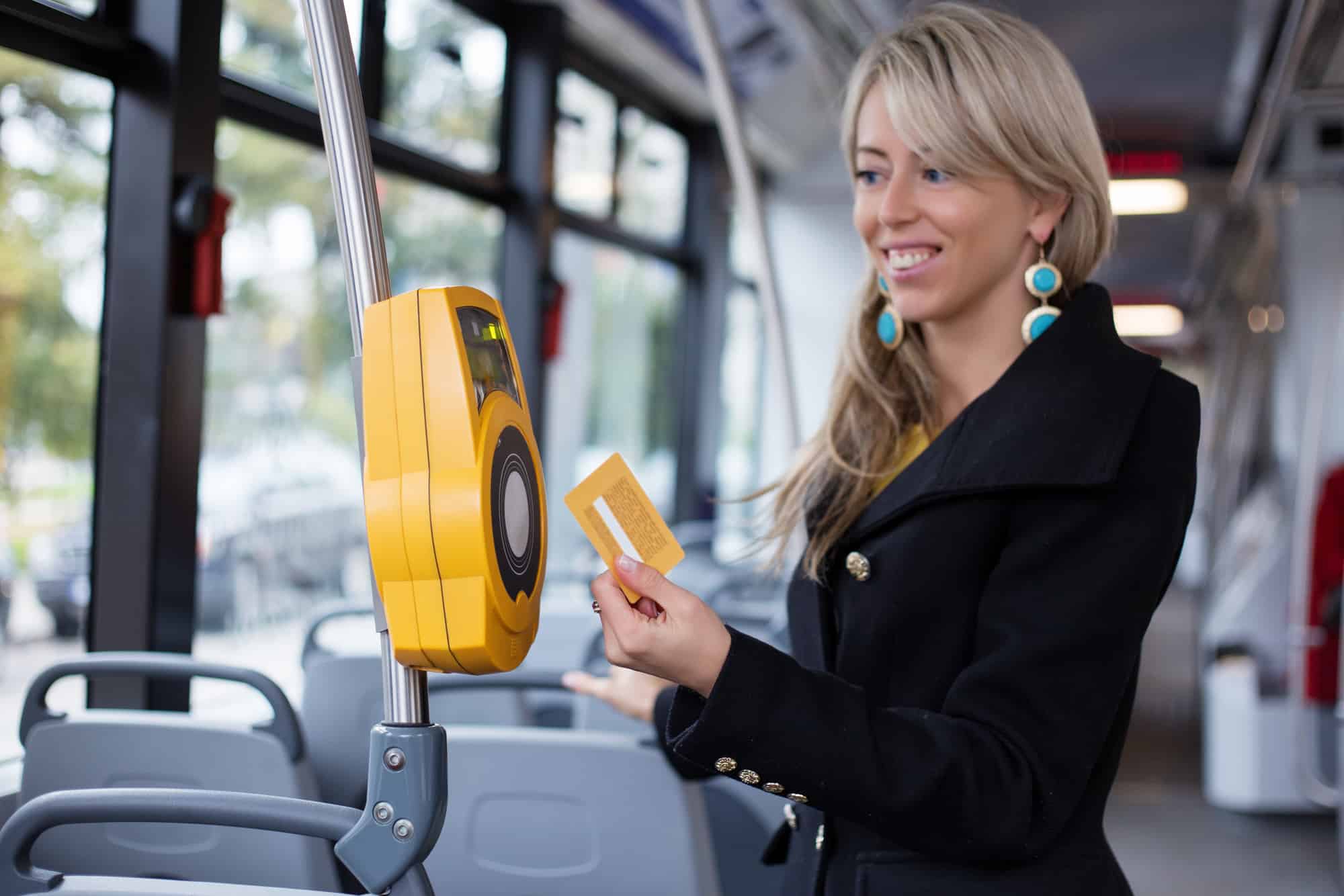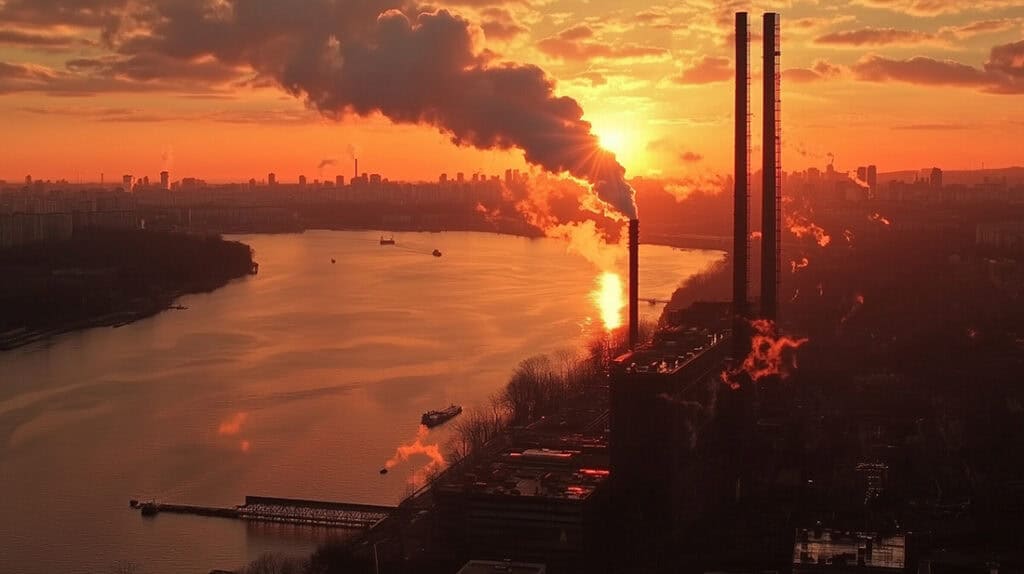In a bid to clean up the city – and its act – officials in Rome are currently running a scheme that rewards travellers on the city’s public transport system with discounted tickets for returning plastic bottles at any stations on the network.
The Italian capital’s plastic-for-tickets was launched by public transport operator ATAC as an initiative to reduce litter and create an environmentally friendlier city. Following a successful trial period in which the Roman public has responded very positively, the transport operators have confirmed that the programme will continue until at least July 2020.
A Financial Incentive To Keep The City Clean
ATAC’s plastic-for-tickets scheme works on a very simple strategy in which passengers exchange empty plastic bottles for credit towards their metro or bus tickets. To join the initiative, users simply have to download the metro network’s App to their smartphone and tablet and sign up for a free account.
Once they have registered, passengers deposit empty plastic bottles at a station and are rewarded with a €0.05 credit for each bottle. They can be accumulated to subsidise their travel or pay for their entire ticket. With just 30 recycled bottles needed to cover one standard metro ride ticket (or 100 minutes on buses including transfers), the scheme is certainly worthwhile.
Users can pay for their public transport tickets simply by hovering their device over the turnstiles, which have the ability to directly read the App. This also reduces paper ticket printing requirements and removes the threat of lost tickets.
To claim the credits, users simply take their bottles to the station and feed them into the designated recycling machines. While the initiative was originally launched at just three stations, ATAC’s plans involve extending this to the entire network.
The First Step To Battling A Bigger Problem
The plastic-for-tickets scheme has been a big hit with locals, but it signals just one step towards fighting a far bigger problem for the city. Rome’s streets have become seriously harmed by the accumulation of rubbish in recent years as a result of inadequate recycling facilities and street collections. This problems reached new heights in the summer as doctors warned that overflowing bins could cause serious health risks due to the capital’s heatwave at the time.
Over 1.7 million metric tons of plastic are produced every year while the closure of the Malagrotta landfill in 2013 has further exacerbated the situation in recent times. Environmental group Legambiente have tried to fight the situation for some time, with president Stefano Ciafani commenting: “The situation is quite disastrous,
“Rome has failed to create an efficient system for differentiated waste collection, as Milan has done, and it has not built the recycling plants that are fundamental for a city where three million people live.
“If the waste treatment plant is closed and no recycling plants are created on the territory, the waste will continue to be exported outside the region as it is today.”
While there is still much more to do, plastic-for-tickets is a step in the right direction.








